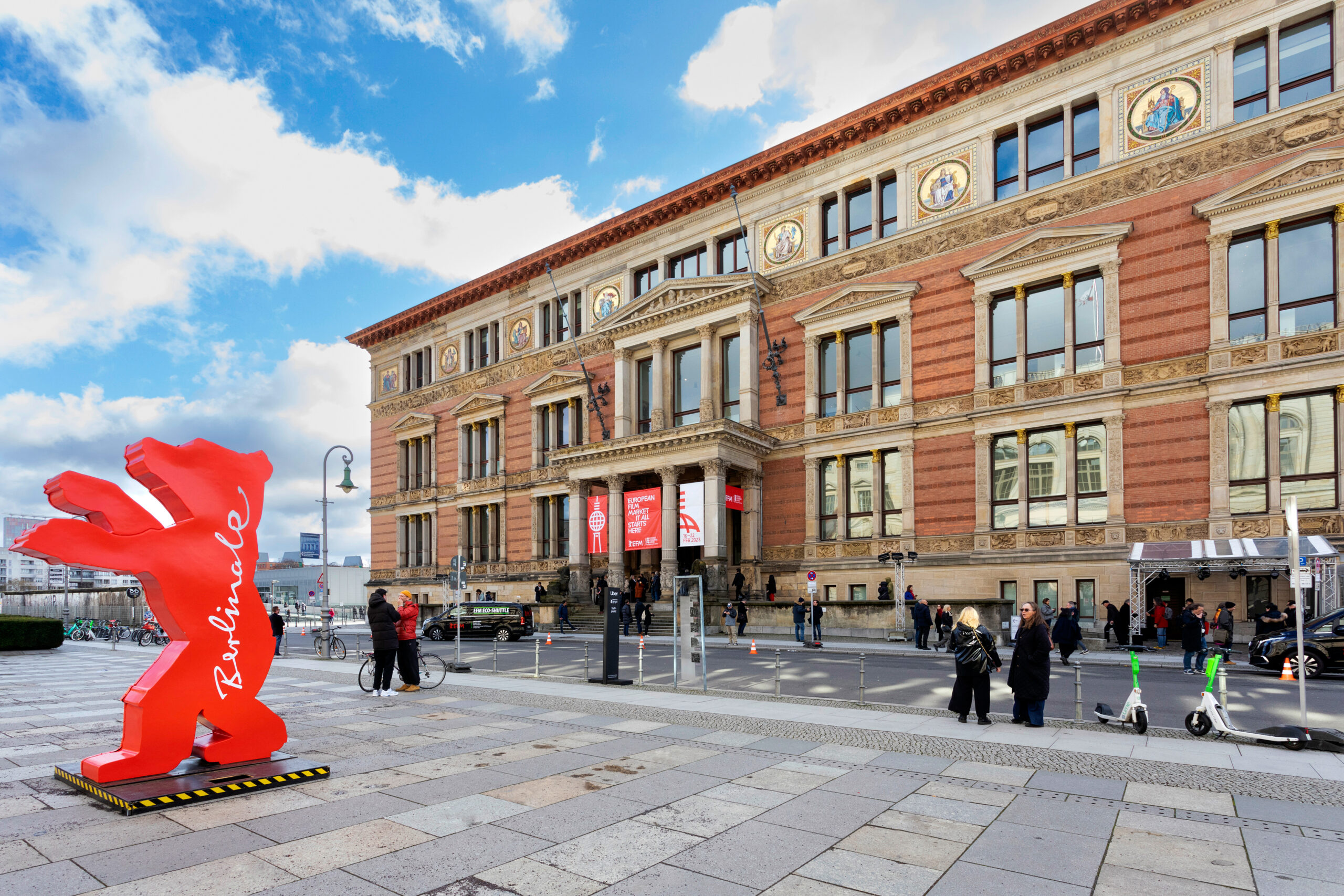The Importance of Networking
.
VERDICT: TFV attended a Berlinale networking event for German talents and asked them about their experiences.
A massive festival like the Berlinale consists of many different layers: the public one, with casual audiences attending the various screenings; the media one, with press covering the films in the program and select side events at the European Film Market; and the professional one, with all the production, acquisition and networking activities shaping the films and festivals yet to come, generally fairly far removed from the main festival hub in Potsdamer Platz.
In fact, even the market side comes with official and unofficial events. On the latter end of the spectrum, for example, was a Meet & Greet organized by a handful of Berlin-based talent agencies to create networking opportunities for German, or German-based, talents, even if they don’t necessarily have a film playing at the festival. TFV was invited to this event by one of the agencies, Crawford Talents, and got to talk to some of the attending actors, screenwriters, directors and producers.
We asked them specifically about the importance of gatherings such as the one we were at, and if making professional connections really works in today’s industry. Marek Kossakovsky, an actor from Poland, thinks it does, and he speaks from experience on both sides of the issue: “I also organize workshops with Polish and international casting directors in Warsaw, because it is important to get in touch with as many people as possible at the beginning of your career. You are the one responsible for your success.”
And this doesn’t just apply to younger professionals trying to get a break: Jules Jones, an American filmmaker and musician also based in Poland, has written some very successful Polish films (most notably the Planet Single trilogy), all of which happened thanks to meetings with producers at similar events in Cannes.
“In fact, that’s where we met as well,” interjects her producing partner, the German actress Eva Ariane Heise. They’re in town to get eyeballs on their new production company, Trojan Pony, which aims to create films with mainstream appeal that also contain subliminal subversive messages (the name of the company, a reference to the famed Trojan horse, was not chosen at random). Their first project, a short film, is scheduled to begin production within two months, with the aim to finish it in time for a festival debut later this year.
For Jedidah-Isabel Annor, who recently starred in the German TV film Juli tanzt, these meetings serve an important purpose in terms of distinguishing oneself from their performances: “I’m quite shy, but these events help bring attention to you, and not the character you’re playing. Oftentimes, people overlook who you are as a person, and it’s good to get to know them in a more relaxed setting. It’s a confidence booster.”
Sinan Akdeniz, a Turkish-born German actor who acts in both languages, and therefore benefits from a wider array of opportunities in the context of European and world cinema, stresses the importance of attending these happenings on a regular basis: “Working opportunities stem from connections with producers, with directors, with agents, so it’s essential to regularly present yourself to people who might be open to collaboration.”
Lydia Leist, an actress from Stuttgart who is attending this year’s Berlinale specifically for networking purposes, agrees with that sentiment, even though she concedes shindigs of this magnitude (the agencies rented out an entire event space, and it still was fairly difficult to move around when attendance was at its peak) can be a bit frightening: “There’s so many people, and a lot of pressure, like, you have to meet this famous agent, or whatever. But it’s crucial to go again and again, to have a good network.” And who knows, perhaps one chat over a drink can lead to more serious discussions and perhaps a film in a future Berlin line-up.

